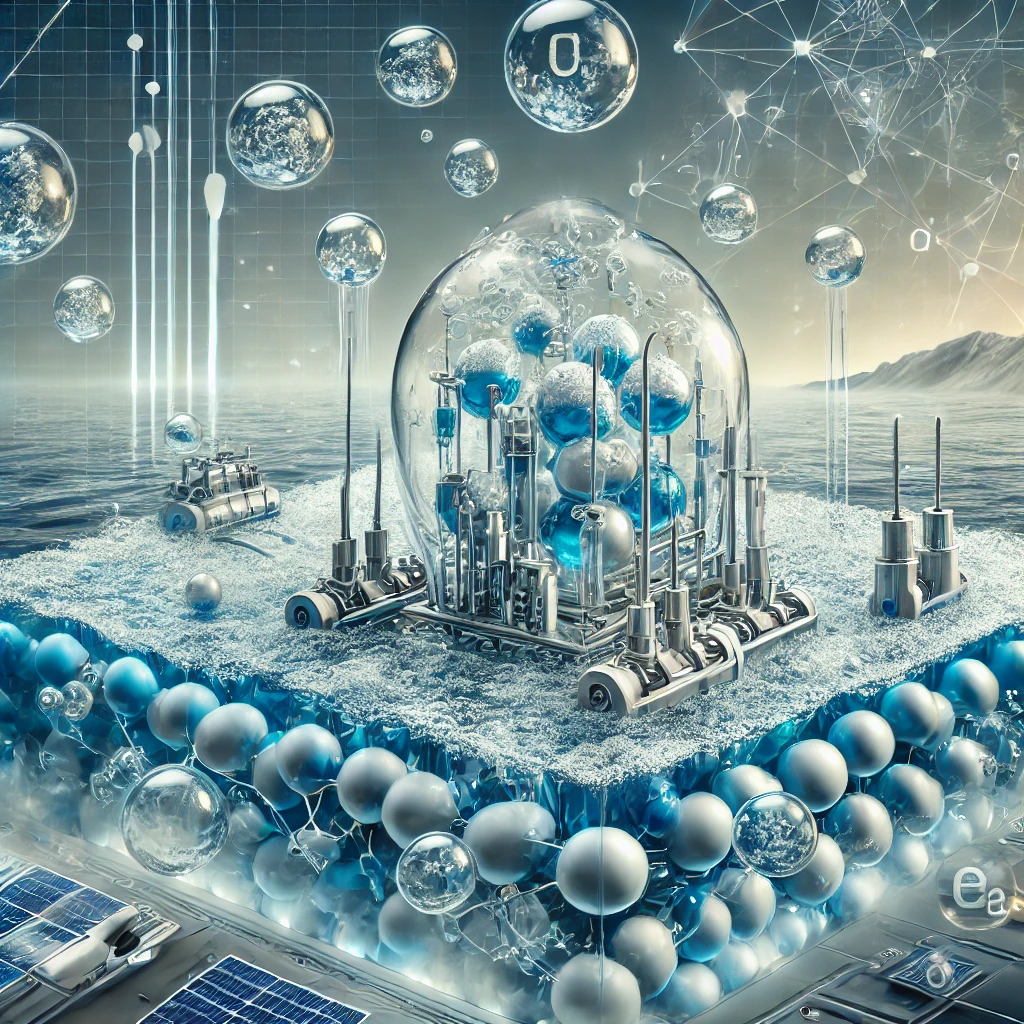What is Hydrogen Electrolysis?
Article Source: Google Books - What is Hydrogen Electrolysis?

Why you should care
Hydrogen electrolysis is a process that could change how we power the world. It uses electricity to split water into hydrogen and oxygen. The hydrogen produced can be used as a clean fuel, meaning it doesn’t release harmful pollution like burning fossil fuels. If we can master this technology, we could cut carbon emissions and make energy production much more sustainable.
Answering the question… What is Hydrogen Electrolysis?
Hydrogen electrolysis is the process of using electricity to split water into two gases: hydrogen and oxygen. The article explains that hydrogen, which is a clean fuel, could replace polluting fossil fuels in the future. Electrolysis is efficient and can produce 99.999% pure hydrogen, which makes it ideal for energy, industrial uses, and even fueling cars. Imagine a future where clean hydrogen powers everything from factories to vehicles!
How was the study done?
The research was conducted by examining different electrolysis methods and the materials used to improve efficiency. Scientists used various types of electrolyzers, including alkaline and proton exchange membrane (PEM) electrolyzers. They measured the energy needed for each process and analyzed how different materials impacted the purity and efficiency of the hydrogen produced.
What was discovered?
- Electrolysis can produce hydrogen at an efficiency rate of 60-80%, meaning most of the electricity used gets converted into hydrogen.
- PEM electrolyzers can create hydrogen that is 99.999% pure, making it perfect for industries like fuel cell technology, which powers vehicles.
- Alkaline electrolyzers are cheaper to build but slightly less efficient, producing hydrogen at around 60-70% efficiency.
- If powered by renewable energy sources like solar or wind, hydrogen electrolysis could reduce global carbon emissions by up to 20%, offering a cleaner energy alternative.
- Large-scale hydrogen production using electrolysis could produce up to 500 million metric tons of hydrogen per year, replacing fossil fuels in transportation and industry.
- One of the main challenges is cost: currently, hydrogen from electrolysis is about 2-3 times more expensive than hydrogen produced from natural gas.
Why does it matter?
The discoveries around hydrogen electrolysis show that we have a promising solution for clean energy. Hydrogen can be used to power cars, factories, and even whole cities without emitting harmful pollutants. As we improve the technology, hydrogen could become a key player in reducing carbon emissions and fighting climate change. By shifting to hydrogen, we can build a future that’s both energy-efficient and environmentally friendly.
